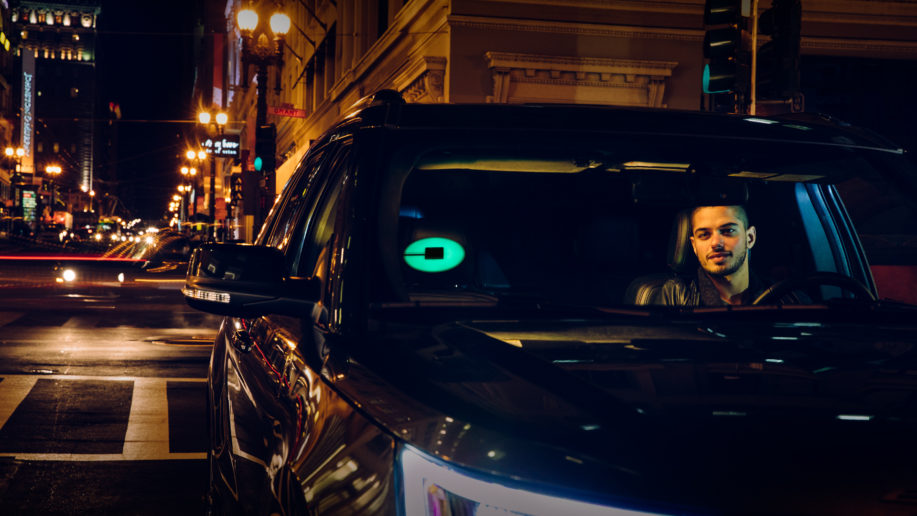Uber and Lyft are heaving sighs of relief after the NYC court struck down a law that was looking to make major changes to the drivers’ cruising time. This basically meant limiting the time that drivers usually take between rides, including the one where they get the flexibility to choose which rider to pick up.
In an attempt to regulate traffic in one of the most populated areas of the city, the law was designed to limit the time drivers could spend looking for new riders in Manhattan south of 96th street. Had it gone into effect, the law would have cut down the time to 31% from 41% of the total time of a journey. The law was introduced due to heavy congestion in one of the busiest routes of the city, where taxis from Uber and Lyft and other yellow cabs makeup for almost 50% of the whole traffic.
New York is considered more of a walking down, with only around 45% of the city’s inhabitants owning a car. And Manhattan is especially notorious, with almost 77% people being ‘car-free’. Public transport is the most go-to mode of transport in the Big Apple.
Uber decided to fight the law in September, claiming that it will threaten the livelihood and flexibility of its drivers.
The New York City Court’s judge Lyle Frank presided over this hearing and said that the rule had a “scant rationale”.
“The court’s decision confirms that the TLC took a rushed, arbitrary approach to developing this rule and created bad public policy. We look forward to working with state and city leaders to address New York City’s transportation challenges with the only true solution to congestion: comprehensive congestion pricing,” a spokesperson for Lyft told Engadget.
This comes as a breath of fresh air for Uber after it was effectively banned in Germany a few days back. The decision came into effect immediately owing to Uber’s lack of necessary licenses to offer passenger transport using rental cars. The company had also been accused of violating competition rules as it allowed its drivers to drive rental cars.
This wasn’t the only battle that Uber lost this year. Uber’s London license was not renewed in an interesting turn of events. However, its Indian counterpart and competitor Ola was given the opportunity as it looks to go global.
After losing one legal battle after another, it looks like lady luck has finally shined over Uber.
The Tech Portal is published by Blue Box Media Private Limited. Our investors have no influence over our reporting. Read our full Ownership and Funding Disclosure →






